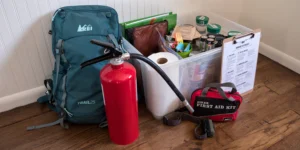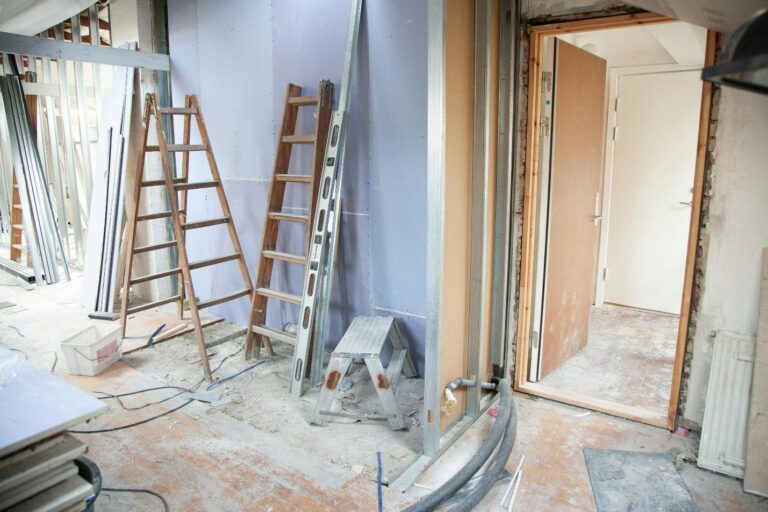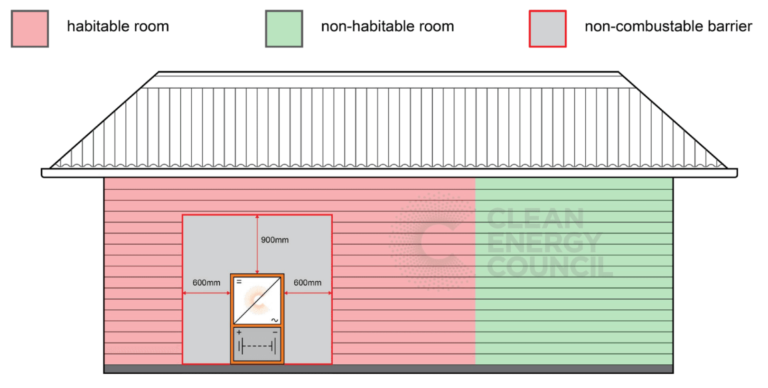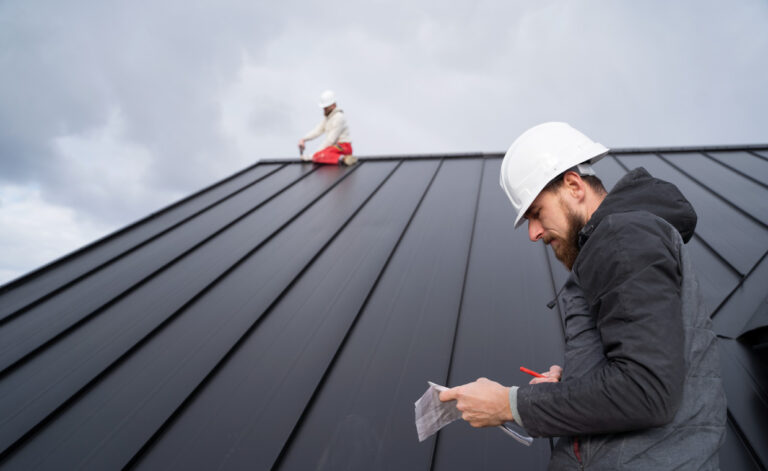Mini Prepper Guide: Emergencies Every Household Should Be Prepared For
Being prepared for different emergencies can make all the difference when facing unexpected situations at home. From hurricanes and power outages to fire hazards and medical crises, having a plan in place can protect your loved ones and even your property. Whether it’s stocking up on essentials or ensuring you have a solid communication strategy, here are five types of emergencies to prepare for, so you can handle whatever comes your way.
Preparing for Hurricane Season
If you live in an area prone to hurricanes, it’s essential to be ready each year as hurricane season approaches. The intensity and unpredictability of hurricanes mean that early preparation is crucial. Start by assessing your home’s structure and ensuring windows, doors, and roofs are secure and can withstand high winds. Consider installing storm shutters or reinforcing windows if you haven’t already. Keeping essential supplies like sandbags, plywood, and tools nearby can help protect your property if a storm is imminent.
Along with structural preparations, it’s important to have an emergency kit that includes food, medications, water, and even medical supplies that can sustain your household for several days. Developing a family evacuation plan and knowing your local shelter locations are also key steps in preparing for hurricanes. Staying informed about coming weather conditions and evacuation routes will keep you ready if you need to act quickly. Being prepared can lessen the impact of a hurricane on your home and give you peace of mind when the season rolls around.
Preparing for Long Power Outages
Extended power outages can occur due to storms, heatwaves, or issues with the power grid. The loss of electricity can disrupt daily life, and if it lasts for an extended period, it can impact your access to essential resources like food and water. Preparing for a long outage means ensuring you have supplies that don’t rely on refrigeration and can be stored for a long time. Stocking up on canned emergency food can provide sustenance without the need for cooking or refrigeration.
Along with food, consider keeping battery-operated lights, a generator, and solar-powered chargers on hand. These tools can help you stay connected, keep your devices charged, and provide lighting during dark hours. Plan how to keep yourself warm or cool, depending on the season, and if you rely on medical devices that need electricity, have a backup power source. Long power outages can feel challenging, but with the right supplies and backup options, you’ll be able to navigate them safely.
Fire Safety and Prevention

Fires can happen unexpectedly and spread quickly, so having a fire safety plan is essential for any home. Start by ensuring your smoke detectors and fire alarms are in good working order. Test them regularly and make sure you replace batteries as needed. You’ll also need fire extinguishers, particularly in areas where fires are most likely to start. This includes spaces like the kitchen, garage, or basement.
Make sure everyone in your household knows the fire escape routes and has practiced them. Decide on a safe meeting spot outside the home where everyone can gather. Avoiding clutter and keeping flammable materials stored safely can help reduce fire risks. Educating yourself and your family on fire safety is invaluable—knowing what to do if a fire starts can save lives and protect your property.
Medical Emergencies
Unexpected medical issues can arise in any home, from minor injuries to much more serious health crises. Preparing for medical emergencies starts with a well-stocked first aid kit that includes items like tourniquets, bandages, antiseptics, gauze, medical tape, and over-the-counter medications.
Consider taking a basic first aid and CPR course, as these skills can be lifesaving in a crisis. Make sure you know the location of your nearest hospital or urgent care center, and keep emergency contact numbers easily accessible. It’s also helpful to have a list of any family members’ medications and allergies, especially if emergency responders need to assist. Being prepared for medical emergencies can give you confidence and readiness to act if a health issue arises unexpectedly.
Earthquakes and Structural Instability
For those in earthquake-prone regions, preparing for seismic activity is essential. Earthquakes often strike without warning, so it’s vital to ensure your home is ready. Start by securing heavy items, such as shelves, appliances, and furniture, which can tip over or cause injury during tremors. If possible, install brackets to secure furniture to the walls, and keep heavier items on lower shelves.
Make a plan with your family for what to do during and after an earthquake. Identify safe spots to shelter, like under sturdy furniture, and teach everyone to “drop, cover, and hold on.” Have a designated outdoor meeting spot, as it may not be safe to stay inside after a quake.






